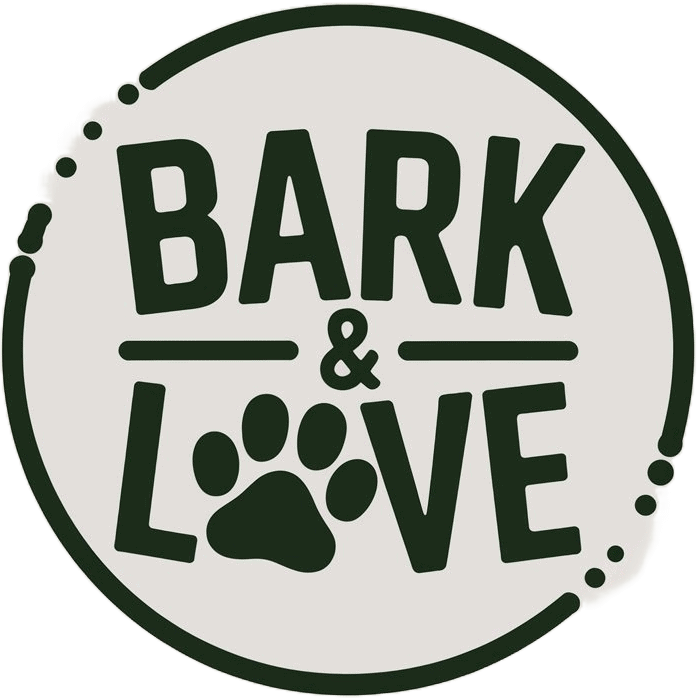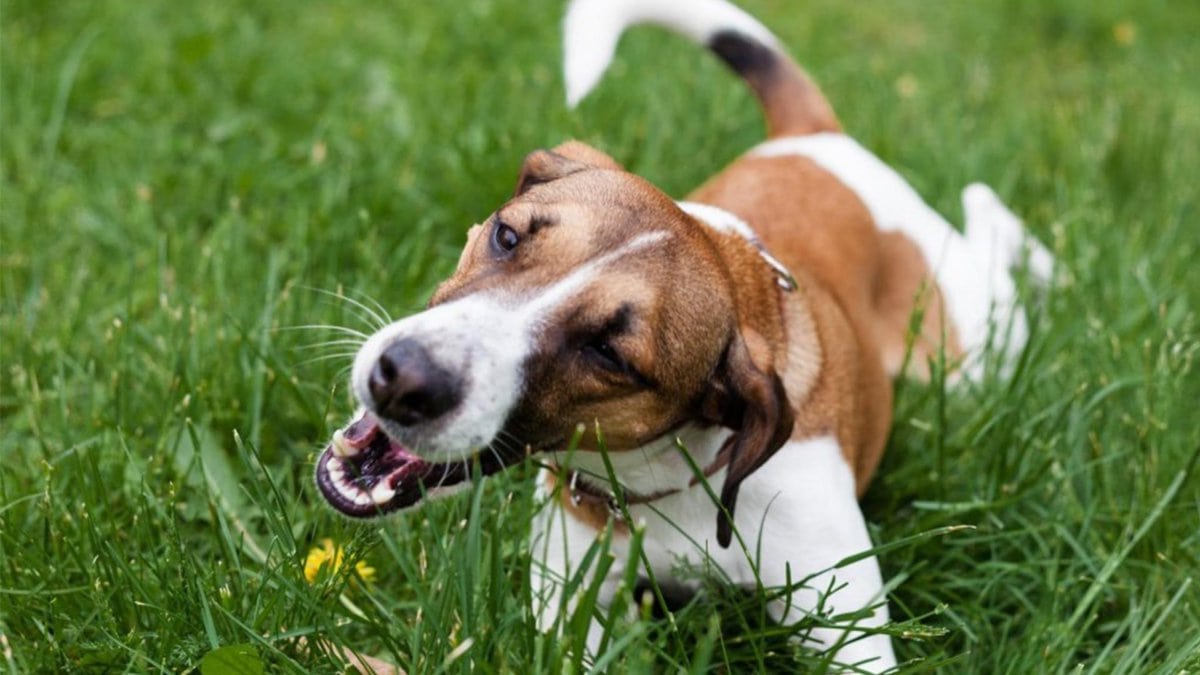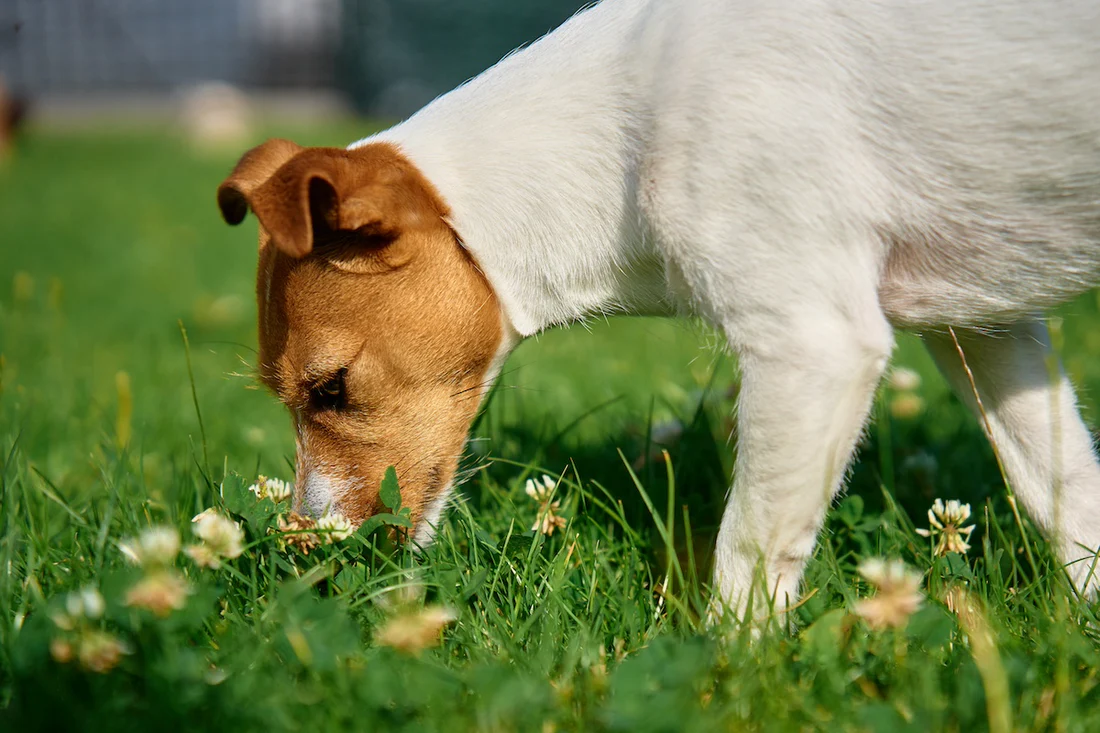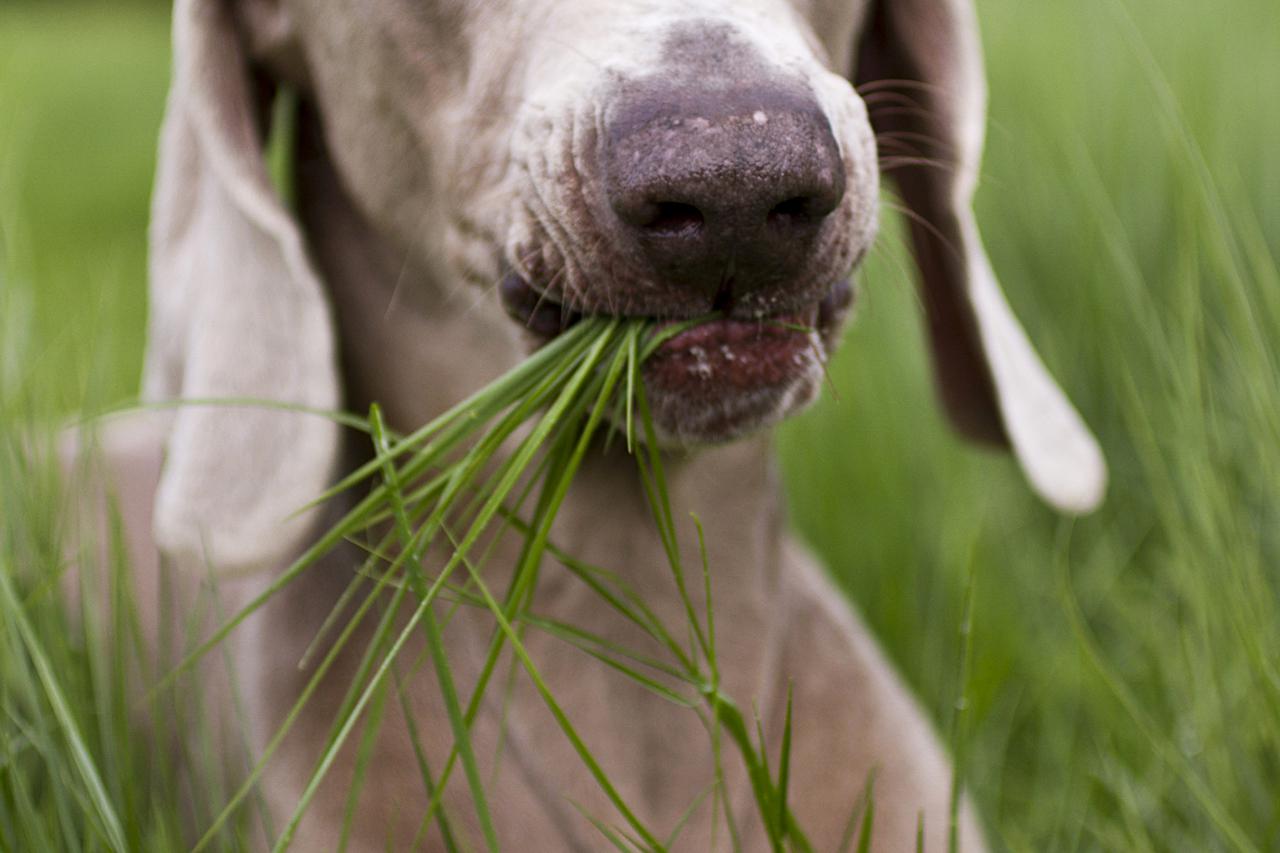If you’ve ever noticed your dog munching on grass like it’s their favorite treat, you’re not alone. Many dog owners have puzzled over this curious behavior, especially when it seems to come out of nowhere. While it’s not uncommon for dogs to nibble on grass occasionally, an uptick in this behavior can leave us wondering what’s really going on.
7 Surprising Reasons Why Your Dog Is Suddenly Eating Grass Like Crazy
Here are 7 surprising reasons why your dog might be eating grass like crazy:
1. Upset Stomach
One of the most common reasons dogs eat grass is to soothe an upset stomach. Some experts believe that dogs instinctively chew on grass to induce vomiting, helping them expel whatever’s causing digestive discomfort. If your dog is experiencing nausea or has eaten something that didn’t sit well, they may turn to grass to feel better.
2. Nutritional Deficiency
Sometimes, dogs eat grass because they’re trying to fill a gap in their diet. Grass contains certain nutrients, like fiber, that might be lacking in their food. If your dog is suddenly eating grass more often, it could be a sign that they’re seeking out extra nutrients. It’s a good idea to check the quality and balance of their diet to make sure they’re getting everything they need.
3. Boredom or Anxiety
Just like humans can engage in stress-eating, dogs may turn to grass munching as a way to deal with boredom or anxiety. If they’re not getting enough mental stimulation, they might find grass-eating to be a new, albeit odd, pastime. Providing plenty of exercise, toys, and interaction can help divert their attention from lawn grazing.
4. Curiosity or Instinct
Let’s face it — dogs are naturally curious creatures. Sometimes, eating grass is simply a way for them to explore their environment. Grass has different textures, smells, and tastes that dogs might find intriguing. It’s also possible that this behavior stems from an instinct passed down from their wild ancestors, who would eat a variety of plants to supplement their diet.
5. Hunger
If your dog isn’t getting enough food or isn’t satisfied after meals, they might turn to grass to fill their stomach. This is especially true if your dog’s eating routine has recently changed, whether it’s portion sizes, feeding times, or even the type of food. Make sure your dog’s meals are balanced and appropriate for their size, age, and activity level.
6. Attention-Seeking Behavior
Dogs are smart, and they often learn that certain behaviors get a reaction from us. If your dog notices that eating grass prompts you to pay extra attention to them — whether it’s through scolding or concern — they might continue doing it simply to get a response. In cases like this, it’s best to avoid giving too much attention to the behavior, so they don’t think of it as a surefire way to get noticed.
7. Enjoyment
Sometimes, the simplest explanation is the right one: your dog just likes the taste or texture of grass! Some dogs genuinely seem to enjoy grazing, especially on fresh, tender grass. As long as they’re not overdoing it and the grass hasn’t been treated with harmful chemicals, occasional munching isn’t usually a cause for concern.
What to Do If Your Dog Is Eating Grass Too Much
While grass-eating is generally harmless, it’s worth monitoring if your dog starts doing it excessively. Here’s what you can do:
- Check their diet: Make sure they’re getting the right nutrients and aren’t feeling unsatisfied after meals.
- Keep them entertained: Boredom or anxiety can lead to grass-eating, so make sure your dog is mentally and physically stimulated.
- Consult your vet: If the behavior is accompanied by vomiting, diarrhea, or other signs of illness, or if you’re unsure why it’s happening, it’s always best to consult your vet to rule out any health issues.
In Conclusion
While it might seem strange, dogs eating grass is typically a normal behavior, though it can be tied to several underlying causes.
By understanding the reasons behind this quirky habit, we can better respond to our dogs’ needs and ensure they stay happy, healthy, and well-nourished.



